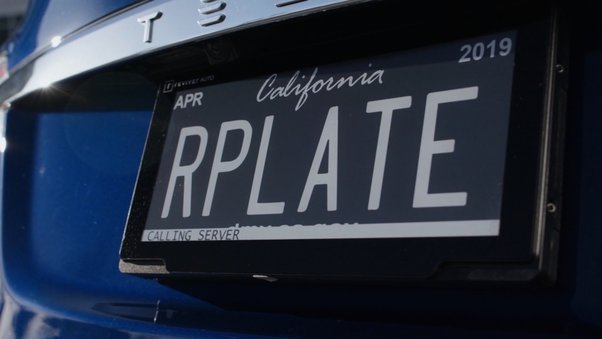License Plate Lookup: A Closer Look at the Process

License plate lookup is a valuable tool that provides detailed information about a vehicle and its owner. Whether you’re a concerned citizen, law enforcement officer, or a business owner, understanding the process of license plate lookup can be essential in various situations. In this article, we will take a closer look at the process of license plate lookup, its steps, methods, and the information it can reveal.
The Basics of License Plate Lookup
License plate lookup involves accessing databases that store vehicle registration and ownership information. These databases are maintained by government agencies and are made accessible to authorized entities, including law enforcement agencies, insurance companies, and certain businesses. License plate lookup services use these databases to provide users with relevant information associated with a specific license plate number.
Step-by-Step Process of License Plate Lookup
- Input the License Plate Number: The first step in the process is to input the license plate number of the vehicle you want to investigate. This number serves as the key to accessing the relevant information.
- Database Query: The license plate lookup service queries its database using the provided license plate number. The database contains a wealth of information, including details about the vehicle and its owner.
- Retrieve Information: Once the database query is complete, the license plate lookup service retrieves information associated with the provided license plate number. This information can include:
- Vehicle Make and Model: You can find out the make and model of the vehicle, helping you identify the type of car or truck.
- Owner’s Name: License plate lookup can reveal the name of the registered owner of the vehicle. This information is particularly useful when verifying vehicle ownership or conducting investigations.
- Registration Status: The service can provide details about the registration status of the vehicle, including whether it is currently registered or if the registration has expired.
- Vehicle History: License plate lookup can also provide information about the vehicle’s history, such as any reported accidents or incidents.
- Owner’s Address: In some cases, the service may provide the current address of the vehicle owner, which can be useful for various purposes.
Methods of License Plate Lookup
There are two primary methods of conducting a license plate lookup:
- Online License Plate Lookup Services: Online license plate lookup services are available on the internet, and they offer a convenient way to access information quickly. Users can enter the license plate number, and the service will provide relevant details in a matter of seconds. These services are often used by individuals for personal reasons, such as verifying vehicle ownership or checking the history of a used car.
- Law Enforcement Access: Law enforcement agencies have access to more comprehensive databases and tools for license plate lookup. They use this information in various investigations, including tracking down stolen vehicles, locating suspects, and identifying vehicles involved in criminal activities.
Legal Considerations
It’s important to note that license plate lookup is subject to legal regulations and privacy laws. Accessing someone’s personal information without their consent may be illegal in many jurisdictions. Therefore, it’s crucial to use license plate lookup services responsibly and ethically, respecting privacy laws and the intended purpose of the data.
In conclusion, license plate lookup is a process that involves accessing databases to retrieve information about vehicles and their owners. It serves various purposes, from verifying ownership to aiding law enforcement investigations. Understanding the steps and methods involved in license plate lookup can help users make informed and responsible use of this valuable tool while adhering to legal and privacy considerations.




